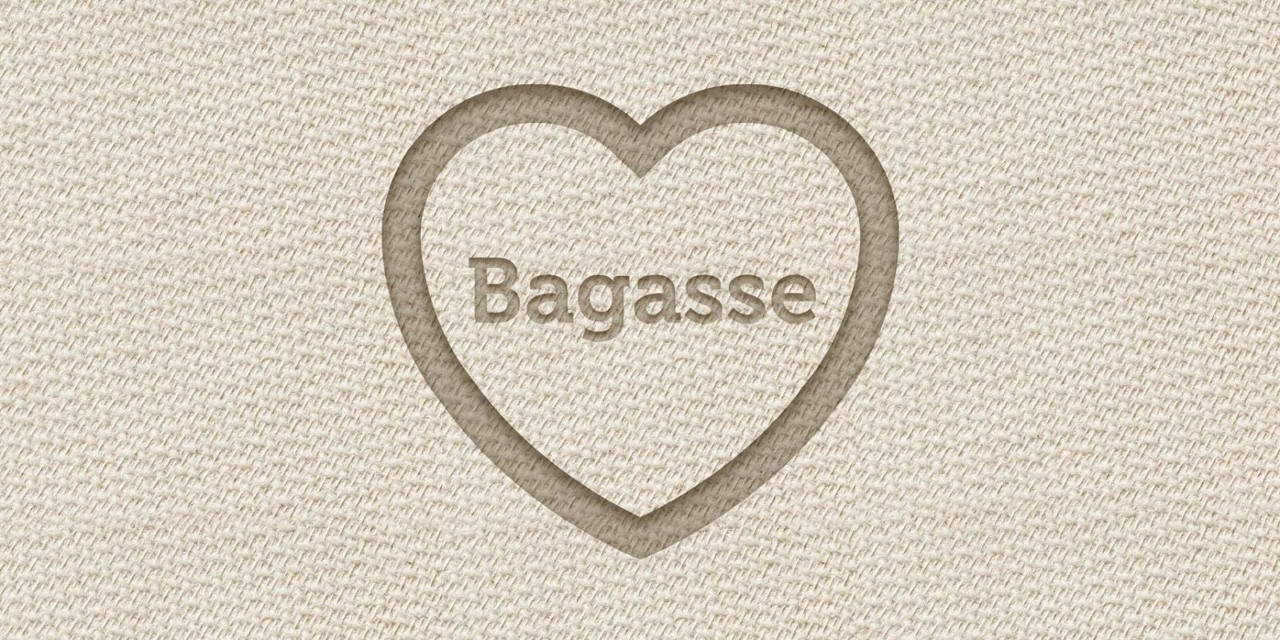
Why We Love Bagasse
8th Apr 2020
What is Bagasse?
Sugarcane pulp, or bagasse, can create an alternative to plastic. Well, bagasse, often known as sugarcane pulp, is a plant-based material gaining popularity as an alternative to plastic. By moving away from traditional plastic packaging and towards compostable alternatives that contribute to a circular economy, we can work together to transition out of the disposable world we live in. Producing packaging from plants means that those same packaging items can be returned to the earth as soil at the end of their life and provide nutrients to grow more plants. Compost also improves soil quality and retains water, which can make the land more resilient to drought – important in Australian agriculture.
But, What IS Bagasse?
Bagasse is the waste product of sugarcane production. Bagasse is the fibrous material that remains after the juice is extracted from the sugarcane plant to make sugar. More than 54 million tons of bagasse are produced each year, and without a use for it, will simply go to waste. This means we are not putting more strain on natural resources to create our bioplastics. In short, bagasse is a plant fibre that will decompose naturally in the environment. Packaging made of sugarcane pulp is versatile, inexpensive, and degrades rapidly when composted at home or in an industrial composting facility. It can withstand temperatures up to 200oC.
Why We Love Bagasse
We think bagasse is one of the best materials there is - and here's why.
Bagasse has a Lower Carbon Footprint
Unlike traditional plastics, which are made from oil and release carbon during production, bagasse is made from plants which capture atmospheric carbon during growth.
Bagasse is Recyclable with Cardboard
BioPak's sugarcane packaging can be recycled along with cardboard as long as it is clean.
Bagasse is Renewable
We love not depleting the earth's natural resources! Sugarcane is a rapidly renewable and widely available resources. In 2017, about 1.8 billion tons of sugarcane was harvested worldwide. While 30% of the crop gives us sugar products, accounting for 95% of the revenue, the rest of the harvest has little economic value and is usually treated as waste. Using bagasse for packaging can maximise the value of the crop, contribute to a circular economy, and ensures we are wasting as little useful material as possible.
Bagasse is Compostable
BioPak's bagasse packaging is certified home compostable and industrially compostable to European standards (EF T51-800). It will biodegrade in 30-90 days in composting conditions, leaving behind no toxic residue and creating nutrient-rich compost instead. It is a perfect packaging solution for foodservice as the packaging along with any remaining food can simply go in the compost bin, instead of to landfill.
Packaging that Puts the Planet First
All our products are sustainably sourced, and can be responsibly disposed of. At Planet Friendly Packaging, we love to provide BioPak's zero waste, climate positive foodservice packaging. All our packaging solutions are made with rapidly renewable, sustainably sources materials – like bagasse.
Information taken from BioPak's website. To see the range of products we provide, go to our product page. Read about a circular economy and why microplastics are harmful on our blog.
Planet Friendly Packaging acknowledges the traditional custodians of the land on which we work. Our thoughts go out to everyone affected by COVID-19. Stay safe.

